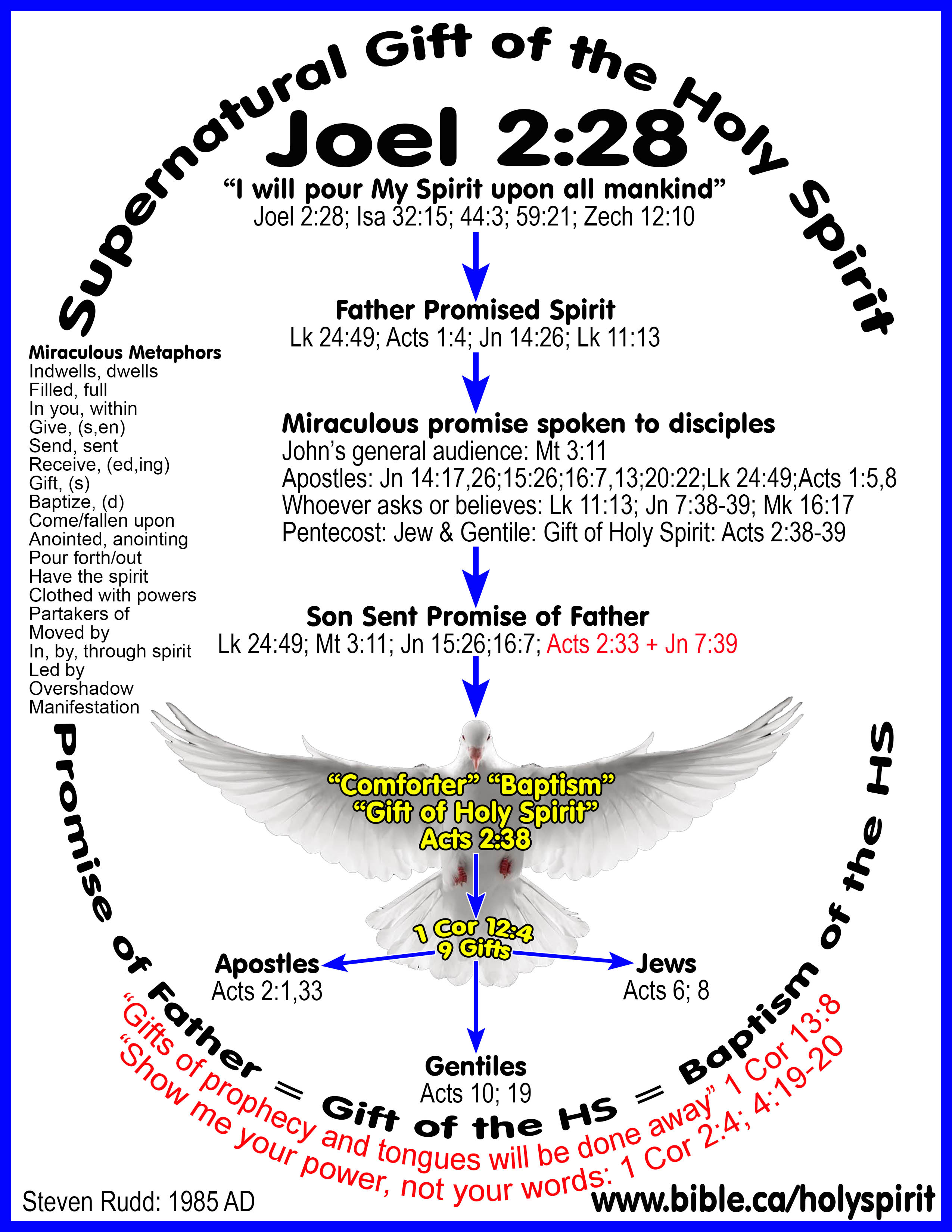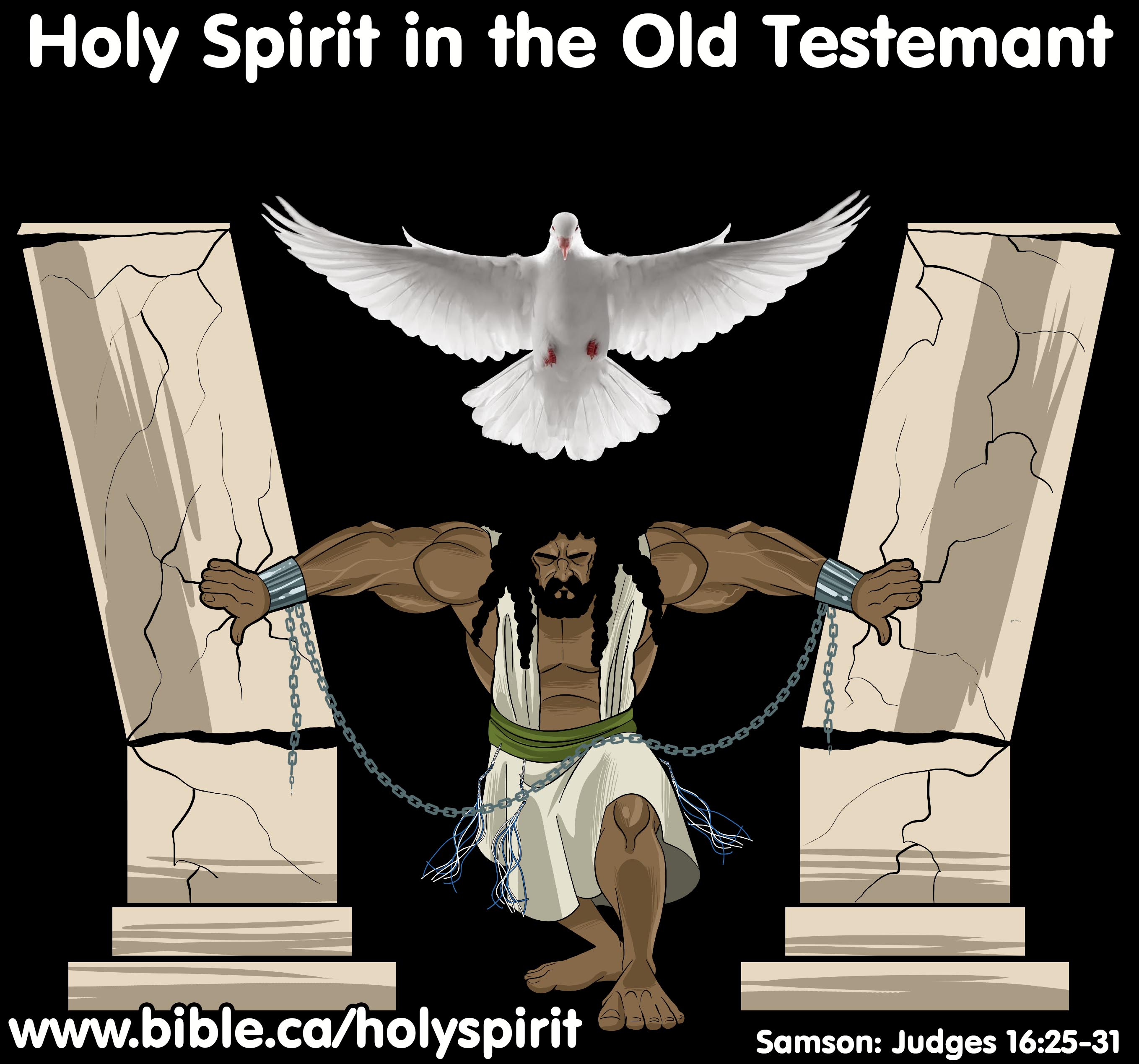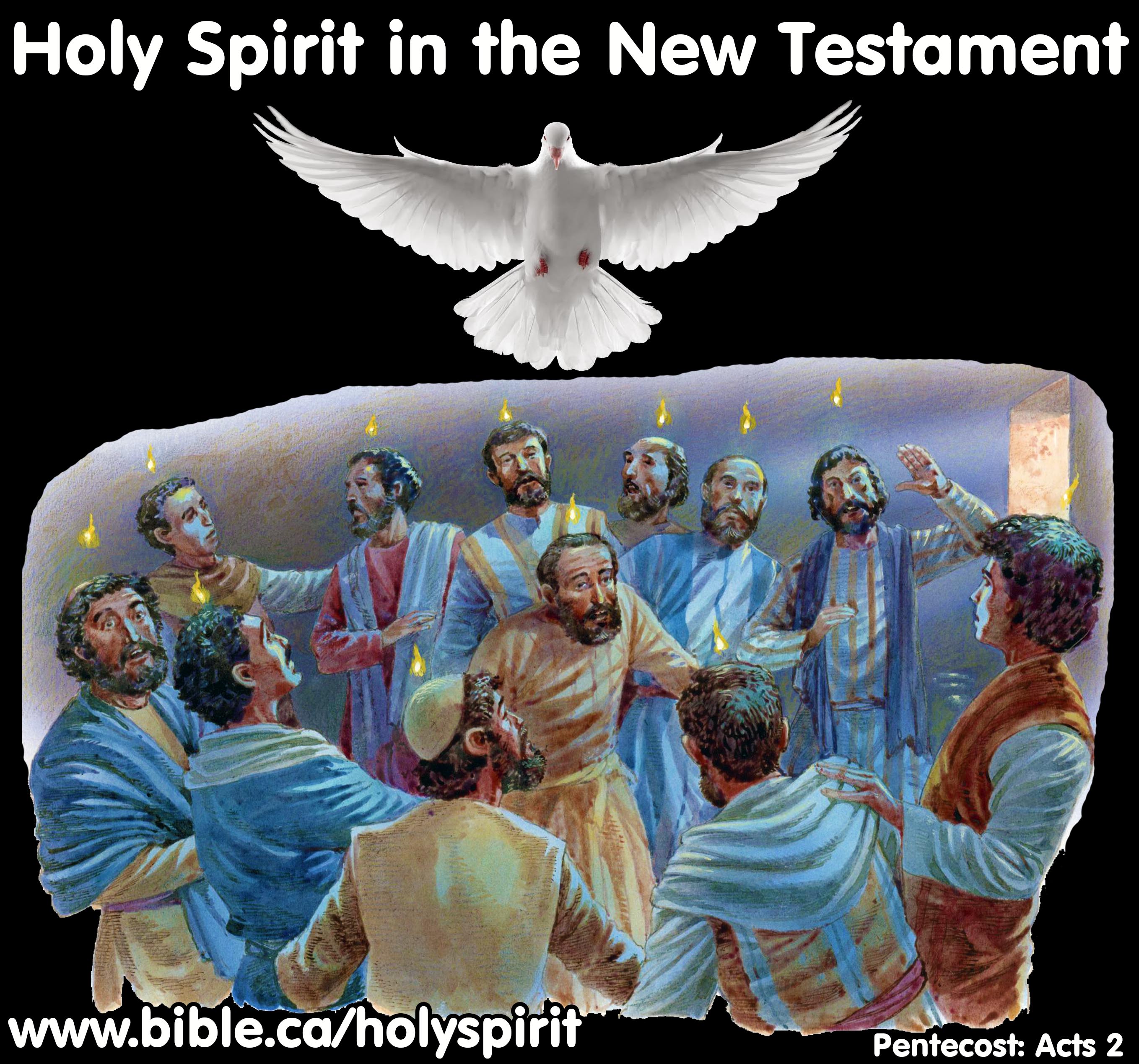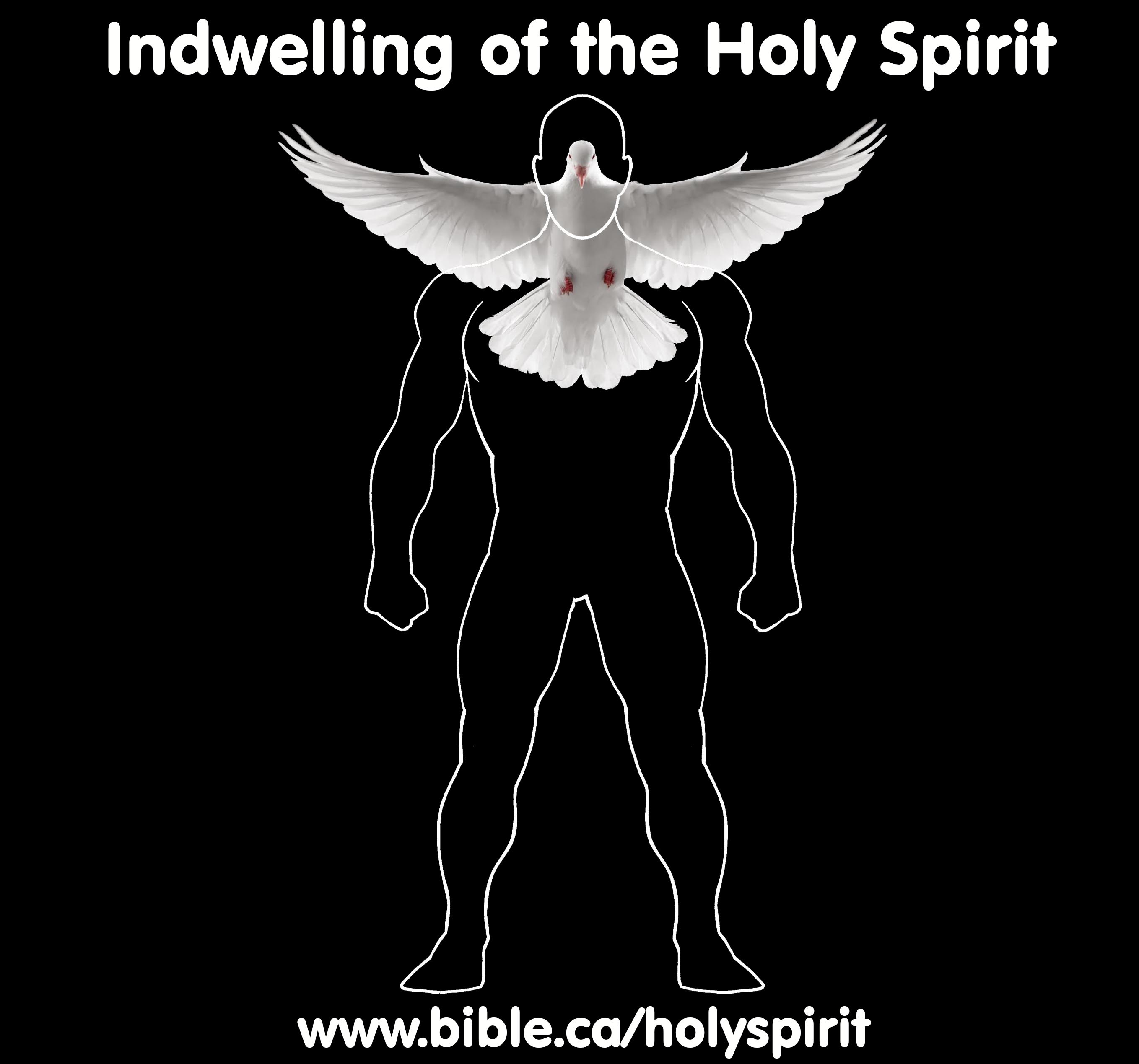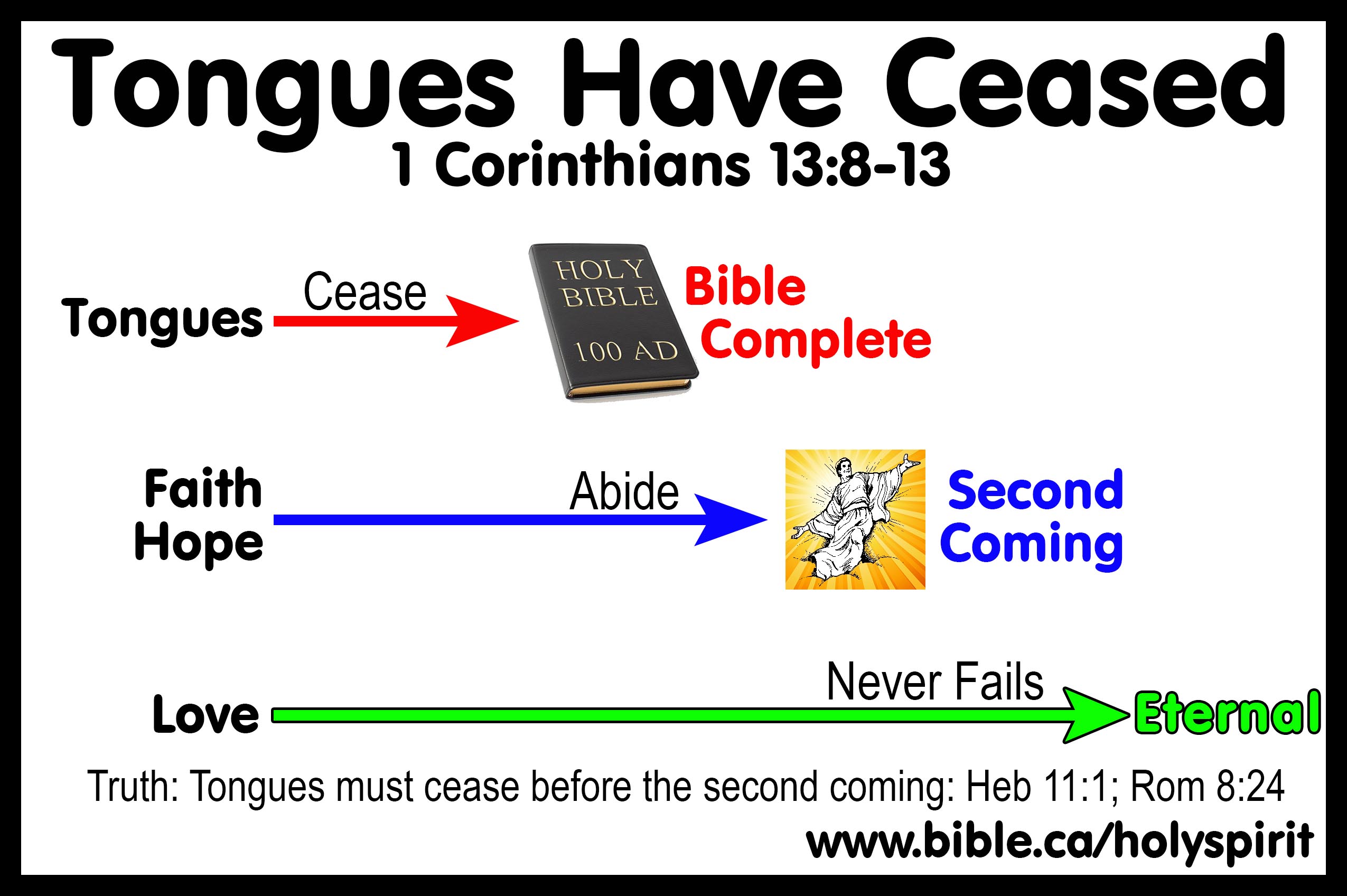Qualifications of an Apostle
The Gift of the Holy Spirit
Qualifications of an Apostle of Jesus Christ
I. Introduction:
1. The office of an Apostle:
a. "to occupy this ministry and apostleship from which Judas turned aside to go to his own place.”" (Acts 1:25)
b. "through whom we have received grace and apostleship to bring about the obedience of faith among all the Gentiles for His name’s sake," (Romans 1:5)
2. Definition of “Apostle”: Vines, “one sent forth”
a. Any one who is sent by another: Jn 13:16
b. Jesus was sent forth from God: Heb 3:1
c. The twelve & Paul were sent forth by Jesus: Jn 20:21
d. Christians sent by local churches: 2 Cor 8:13; Phil 2:25
3. Purpose & function of an apostle: One sent by Christ to establish the church by bearing witness to His resurrection.
a. Witness of the resurrected Christ: Acts 1:22; 4:33; 22:15; 23:11; 26:16
b. Establish the church of Christ: Eph 2:19-21; 1 Cor 12:28; Rev 21:14
4. Also called an “ambassador” (Lit: to be elder, eldest) : 2 Cor 5:20; Eph 6:20
II. The 14 apostles
|
The 14 apostles Matthew 10:2-4; Mark 3:16-19; Luke 6:14-16; Acts 1:13; Gal 1:1 |
||
|
|
Names |
other details |
|
1 |
Simon or Peter |
wrote 2 NT books |
|
2 |
Andrew |
brother of Peter |
|
3 |
James or Boanerges “son of Thunder” |
son of Zebedee, first martyr-Acts 12 |
|
4 |
John or Boanerges “son of Thunder” |
son of Zebedee, wrote 5 NT books |
|
5 |
Philip |
from Bethsaida |
|
6 |
Bartholomew |
son of Bar-Tholmai |
|
7 |
Thomas or Didymus “twin” Jn 11:16 |
Doubted the Lord’s resurrection |
|
8 |
Matthew |
Tax gatherer, wrote gospel |
|
9 |
James “the less”-Mk 15:40 |
son of Alphaeus |
|
10 |
Thaddaius or Judas |
son of James |
|
11 |
Simon |
the Cananaian or Zealot |
|
12 |
Judas Iscariot |
betrayed Jesus |
|
13 |
Matthias |
replaced Judas |
|
14 |
Saul or Paul |
“one untimely born” 1 Cor 15:8, wrote 13 NT books |
1. There were in fact only 13 functioning apostles barring Judas Iscariot
2. Just as there were 13 tribes when Joseph’s two sons + Levites were included so also there were 13 apostles when Paul was taken into account.
3. The ideal number of tribes is always 12 yet in actual fact there were 13
4. The ideal number of apostles was 12 yet in actual fact there were 13
III. Qualifications: What makes an apostle an apostle?
A. Functions & qualifications an apostle shared equally with non-apostle Christians
1. Miraculous power from the Holy Spirit: Acts 2:1-4
a. “Holy Spirit baptism” does not distinguish the apostles from other Christians. (Cornelius)
b. There was no kind of miracle that apostles could do that non-apostles couldn’t
2. Both apostles & non-apostles received promised comforter of Jn 14:16,26; 15:26-27; 16:13
a. James,Jude & Luke were “guided into all truth” “brought to rememerance” “taught all things”
b. The comforter “bore witness” miraculously through many non-apostles: Heb 2:3
3. Direct eyewitnesses of the resurrection of Christ
a. Twelve: Acts 1:21-26
b. Paul: 1 Cor 15:6-8; Acts 26:15-18
c. There were many non-apostles eyewitnesses: 1 Cor 15:6 James & Barsabbas Acts 1:23
B. Special claims & functions that only an apostle could make
1. Christ specifically chose them as apostles: Lk 6:13; 1 Cor 1:1;12:28; Gal 1:1; Rom 1:1
a. Barsabbas was qualified but not chosen: Acts 1:23
b. An “ambassador” (Lit: to be elder, eldest) : 2 Cor 5:20; Eph 6:20
2. They learned the Gospel directly from Christ:
a. The twelve Acts 1:21-26
b. Paul: Gal 1:11-12; Acts 26:16
3. The ability to impart spiritual gifts through laying on of their hands: Acts 8:18; 19:2-7
4. “The sign of an apostle” 2 Cor 12:12 could be one of three things:
a. The ability to impart spiritual gifts through laying on of their hands: Acts 8:18; 19:2-7
b. Only a true apostle could claim to be an apostle and perform a miracle. Fake apostles who claimed to be such could not perform miracles.
c. Perhaps only apostles could have more than one of the 9 gifts listed in 1 Cor 12.
C. Summary of qualifications of an apostle:
|
Qualities & functions |
The 12 Apostles |
Apostle Paul |
Non-Apostles |
|
Baptism of HS |
YES Acts 2:1-4 |
YES Acts 19:12 |
YES Philip & Cornelius |
|
Promised Comforter of Jn 14-16 |
YES |
YES |
YES |
|
Inspiration, & Revelation |
Jn 14:26; 16:12-13 |
Book of Gal |
Luke & Jude |
|
Direct Eyewitnesses |
Acts 1:21-26 |
Acts 26:15-18 |
1 Cor 15:6; Acts 1:23 |
|
Chosen Directly by Christ |
Lk 6:13 |
Acts 9:15; Gal 1:1 |
NO |
|
Taught Directly by Christ |
Acts 1:21-26 |
Gal 1:11-12 |
NO |
|
Impart Spiritual Gifts with |
Acts 8:14-18 |
Acts 19:1-5; 2 Ti 1:6 |
NO |
IV. No apostles today
A. Several denominations claim to have living apostles today but they weren’t chosen by Christ!
|
They weren’t chosen by Christ! |
They merely claim this |
|
They have no miraculous powers! |
Miracles ceased: 1 Cor 13:8-13 |
|
They haven’t seen the risen Christ! |
Paul was last to see Jesus: 1 Cor 15:8 |
B. Spiritual gifts of miracles ceased when the Bible was completed: 1 Cor 13:8-13
C. The Bible warns about false apostles:
1. True apostles can be tested to prove they are apostles through miracles “sign of an apostle”
2. Modern miracle workers “chicken out” by saying “do not test the spirits”.
3. Refusing to perform a miracle to proof they are God’s spokesman, contradicts the very purpose of miracles!
|
apostles |
Rev 2:2 2 Cor 11:13 |
apostates |
|
Paul to test their power |
1 Cor 4:19-20 |
Not their words only |
|
Demonstration with power |
1 Cor 2:3-4 |
Demonstration with words only |
|
Since miracles ceased we demand today, “show us your power not your words!” |
||
D. Some argue that apostolic succession is proven by because others were called “apostles”
1. “Non-apostles” who were called an “apostle”
a. Titus: 2 Cor 8:23
b. Paul, Silvanus & Timothy: 1 Th 1:1; 2:6
c. Paul & Barnabas: Acts 14:4,14
d. Andronicus & Junias: Rom 16:7
e. Epaphroditus: Phil 2:25
f. James, the Lord’s brother: Gal 1:19
2. Remember that the word apostle is a simple Greek word that means “one sent”
a. Baptism is used in different ways in the Greek:
i. Literally: to simply immerse anything like a ship sinking
ii. spiritually: the act of immersing one in water for forgiveness of sins: Acts 2:38
iii. figuratively: baptism of suffering, fire
b. Angel Lit: messenger, is used of human “messengers” seven times in NT
c. These “apostles” were simply sent by another
3. Timothy was not an apostle:
a. Paul was distinguished from Timothy as an apostle: 2 Cor 1:1; Col 1:1
b. Timothy was taught the gospel by Paul
c. Timothy did have spiritual gifts but hadn’t seen the risen Christ
d. Why would one apostle need to write an inspired letter to another (i.e. Timothy)
E. Matthias provides no evidence for succession:
1. His replacing Judas was prophesied in the OT
2. Matthias had to have walked with Jesus from Baptism to ascension: have men today done this?
F. When James was killed there is no mention of finding his successor: (silence of scripture)
G. Paul was an apostle “born out of due season”: 1 Cor 15:8 Why if apostles today?
H. Evidence that the apostolic office was temporary:
1. Jude 17-18 Jude referred to what the apostles had said, not what they were saying.
a. In a similar way we can have the benefit of the apostles today when we read Bible!
2. Jude 3 faith was delivered once for all time: apostles would continue to be inspired
3. Rev 21:14 The wall had the name of only 12 apostles in it.
4. 2 Pe 1:12-15 Peter asked them to remember what he said, not listen to new apostles
5. 1 Cor 15:8 Paul was the last one to see the risen Christ: witnesses today?
I. Uninspired writings prior to 300AD considered the apostles to have not successors.
1. Tertullian (A. D. 145-220) defined true doctrine as that which the "churches received from the apostles, the apostles from Christ, Christ from God."
a. False doctrine was that which was contrary to the truth taught by them (III: 252).
b. After condemning some heresies, he said: 'besides all this, I add a review of the doctrines themselves, which, existing; as they did in the days of the apostles, were both exposed and denounced by the said apostles" (III:259).
c. Tertullian also mentioned "the apostolic age" as being the age in which the apostles lived and planted congregations (III:258).
d. Tertullian maintained that he could show the heretics that their doctrines were false even if some of the heresies were bold '"enough to plant themselves in the midst of the apostolic age that they may thereby seem to have been handed down apostles, because they existed in the time of the apostles" (III:258).
e. In another place he wrote, “No doubt, after the time of the apostles, the truth respecting the belief of God suffered corruption, but it is equally certain that during the life of the apostles their teaching on this great article did not suffer at all;" (III: 286)
2. “The historians and theologians of the early church unanimously maintained that tongues ceased to exist after the time of the apostles. The only exception of which we know was within the movement led by Montanus, a second century heretic who believed that divine revelation continued through him beyond the New Testament. Apparently no other tongues-speaking was practiced in Christianity until the seventeenth and eighteenth centuries, when it appeared in several Roman Catholic groups in Europe (Cevenols and Jansenists) and among the Shakers in New England. The nineteenth century lrvingites of London were marked by unbiblical claims of revelations and by “tongues-speak.” For over 1800 years the gift of tongues, along with the other miracle gifts, was unknown in the life and doctrine of orthodox Christianity. Then, around the turn of the twentieth century, tongues became a major emphasis within the holiness movement, a large section of which developed into modern Pentecostalism. The charismatic movement, which began in 1960, carried the practice of tongues beyond traditional Pentecostalism into many other denominations, churches, and groups, both Catholic and Protestant, filling the void in true spiritual living with false experience.” (1 Corinthians: John MacArthur New Testament Commentary, 1 Cor 13:8)
Conclusion:
1. The comforter, was not what something that inherently made one an apostle
a. There is nothing in the promise of the Holy Spirit as a comforter in Jn 14-16 that is in any way distinct from other non-apostles Christians who had spiritual gifts.
b. Non-apostles are seen writing scripture, having the words of Jesus brought back to memory etc.
2. Apostles were hand picked by God from a larger number of equally qualified candidates.
a. Once picked by Christ, they were granted special authority and the unique ability to transmit gifts.
b. The apostles possessed no miraculous power that other non-apostles did not also possess.
3. The apostles were hand chosen by Jesus for a special task:
a. They spent 3 years working and training under Jesus
b. They were eyewitnesses of Christ
c. They were the first to receive the promise/gift of the Holy Spirit
d. They were preeminent over the church in authority.
e. They had the unique authority (not power) to transmit gifts to non-apostle Christians.
f. When the last apostle died (John about 100 AD) it was impossible to transmit spiritual gifts and they eventually died out.
4. Spiritual gifts went extinct around AD 100.
a. The Montanus heresy of AD 140 proves spiritual gifts were extinct then and so also today.
5. When someone claims to be an apostle today ask them to perform “The sign of an apostle” 2 Cor 12:12 could be one of three things:
a. Only a true apostle could claim to be an apostle and perform a miracle. Fake apostles who claimed to be such could not perform miracles.
b. The ability to impart spiritual gifts through laying on of their hands: Acts 8:18; 19:2-7
6. The Charismatics and Pentecostals wrongly claim to possess the same supernatural powers of the apostolic age. There are two ways of refuting modern-day Pentecostals and charismatics who claim to have miraculous power:
a. Ask them to demonstrate their power and to show you a miracle:
i. "But I will come to you soon, if the Lord wills, and I shall find out, not the words of those who are arrogant [in claim inspirational equality with Paul] but their power. For the kingdom of God does not consist in words but in power." (1 Corinthians 4:19-20)
ii. "and my message and my preaching were not in persuasive words of wisdom, but in demonstration of the Spirit and of power," (1 Corinthians 2:4)
b. Quote 1 Cor 13:8-13 as scriptural proof that prophecy, tongues would cease upon the completion of the scriptural canon:
i. "Love never fails; but if there are gifts of prophecy, they will be done away; if there are tongues, they will cease; if there is knowledge, it will be done away. For we know in part and we prophesy in part; but when the perfect comes, the partial will be done away. When I was a child, I used to speak like a child, think like a child, reason like a child; when I became a man, I did away with childish things. For now we see in a mirror dimly, but then face to face; now I know in part, but then I will know fully just as I also have been fully known. But now faith, hope, love, abide these three; but the greatest of these is love." (1 Corinthians 13:8–13)
Holy Spirit outlines:
By Steve Rudd: Contact the author for comments, input or corrections.
